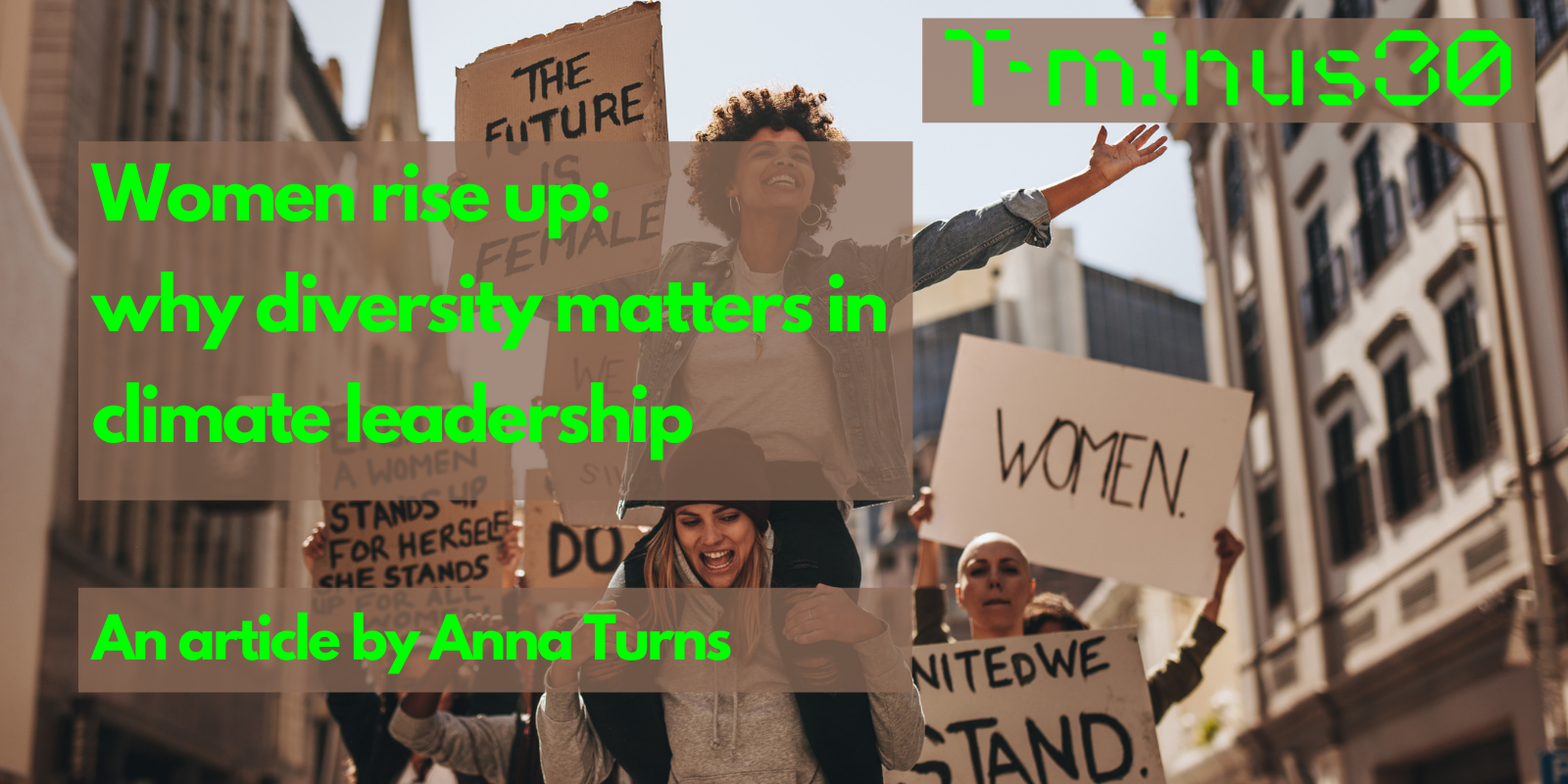What makes climate action cool?

Anna Turns investigates how best to motivate people to make positive change en masse
A recent tweet by NASA climate scientist Peter Kalmus got me thinking. He wrote: ‘It’s sad that climate direct action still remains so unpopular. I mean, people don’t even bother to “like” it on twitter. I can’t understand it. Anyway, Extinction Rebels and other climate direct activists are absolute heroes in my book.’
Kalmus has set up the Climate Ad Project to create and place ads that help raise awareness of the climate emergency and his goal is to inspire a billion climate activists. Yet environmental activism is still considered to be very ‘niche’ – it’s just for tree-hugging hippies or data-crunching geeks, right?
Well, no. Without a mass movement, change could just be too slow and ineffective to mitigate the climate crisis. But why isn’t everyone engaging in climate all the time?
Perhaps, as Kalmus suggests, Planet Earth has a PR problem – climate needs to be at the forefront of people’s minds but we’re all busy juggling work, families, social lives. And on top of everything going on in our daily routine, tackling the most enormous problem of ecological disaster might seem just way too overwhelming. We all have a limited pool of worry and each of us only have a certain mental capacity to worry about issues, whether that’s putting enough food on the table for our kids, paying the bills or avoiding planetary collapse. We can’t all take part in Extinction Rebellion ‘die-ins’ and stop the traffic, or commit to school strikes every single Friday, and we don’t all need to be heroes. But there are other things we can do. It all starts with little and often – everyone has a role to play, we just need to discover it.
I recently read Professor Mark Maslin’s new book, How to Save Our Planet: The Facts. It’s quick and easy to read, and it’s jam-packed with facts about climate, what’s gone wrong and how we can fix it. It’s a powerful call to action, based on science not opinion and if you feel like you don’t know where to start, then page one is a good place to begin. Whilst he highlights the scale of the crisis and importance of corporate influence, Maslin emphasises the power of the individual throughout and says it’s crucial to talk more about climate change to everyone: ‘The greatest challenge in the history of our species should not be a taboo subject,’ he warns.
Normally, when we’re faced with a scary problem, we panic. We might freeze like a rabbit in headlights or run away as fast as we can. Right now, we all need to be much more vocal about climate – to each other, to our kids, to our politicians and local decision-makers. Shine a light on it, make it mainstream, give it more attention.
It doesn’t always have to be serious either. Comedian Steve Hili insists that the green movement has got its tactics all wrong. ‘We’re not going to change the world by making people feel guilty about their life choices. Instead we have to make environmentalism attractive to the masses,’ says Hili who performs his new show, The Sexy Environmentalist, on 7 August.
Comedy is Hili’s way to try to overcome cognitive dissonance – that gap between the scientific evidence and the climate action we so urgently need. The key is to avoid that shut down and denial. inspiring people to listen up and get involved is an incredibly hard thing to do. Perhaps the trick is to focus on solutions. So much incredible technology already exists, so many people are making great headway and some governments are leading the way with environmental policies. In Cornwall, filmmaker and environmentalist Claire Wallerstein is producing a series of documentaries about the problems the county is currently facing and the people finding ways to combat the climate crisis. Her films are alarming and inspiring in equal amounts.
So putting yourself on the frontline doesn’t have to mean you’ll end up crumbling beneath a burden of eco-anxiety or get yourself arrested during a protest – although, I have full respect for anyone who dares to do that and agree with Edward Snowden’s sentiment: ‘When exposing a crime is treated as committing a crime, you are being ruled by criminals.’
Positive, direct climate action can start with something as simple and low-risk as reading a book, going to a comedy gig or watching a climate film on your laptop. That might lead on to eating a more plant-based diet, switching to an ethical bank that won’t invest in fossil fuels, voting for a party that promises to deliver on environmental issues before it’s too late or avoiding overconsumption and repair stuff instead of buying new things. We each have the power to make a huge difference, especially if billions of us take that step. So what’s stopping you?
By Anna Turns


